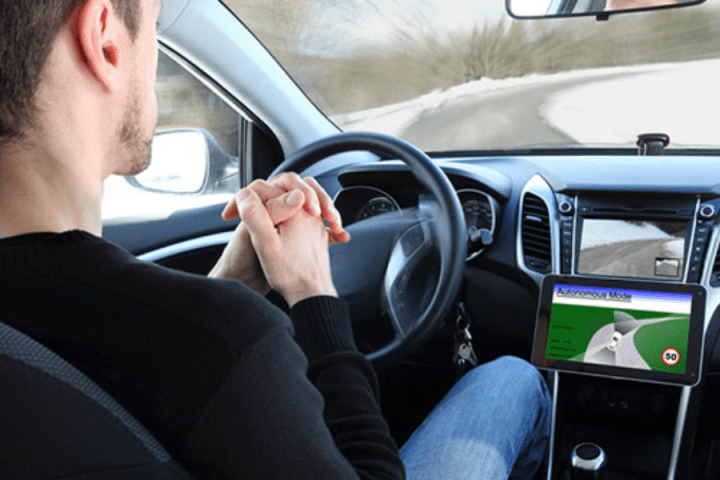
“With the rapid advancement toward autonomous vehicles, American drivers may be hesitant to give up full control,” said John Nielsen, the AAA managing director of Automotive Engineering and Repair. “What Americans may not realize is that the building blocks toward self-driving cars are already in today’s vehicles and the technology is constantly improving and well-trusted by those who have experienced it.”
In a seeming contradiction, AAA found 61 percent of American drivers indicated they wanted one or more of the following in their next vehicle: Automatic emergency braking, adaptive cruise control, self-parking technology or lane-keeping assist. The most frequent reasons given for wanting the assistance features are safety (84 percent), convenience (64 percent), reducing stress (46 percent), and “wanting the latest technology” (30 percent). In the survey, baby boomers were more likely to mention safety as their prime reason for wanting autonomous features, while millennials mentioned convenience and women cited stress reduction more often than other groups, respectively.
Drivers who preferred to stay away from autonomous features mentioned, in order of greatest frequency: Trusting their own driving skills more than technology, feeling the tech is too new and unproven, not wanting to pay more, lack of knowledge, and “finding it annoying.” Millennials and Gen Xers pushed back at the prospect of paying more for autonomous tech than baby boomers. One in four women felt the new technology too complicated, double the ratio of male respondents, of whom one in eight cited that reason.
“While six in 10 drivers want semi-autonomous technology in their next vehicle, there are still 40 percent of Americans that are either undecided or reluctant to purchase these features,” Nielsen said. “It’s clear that education is the key to addressing consumer hesitation towards these features and AAA’s ongoing effort to evaluate vehicle technologies, highlighting both the benefits and limitations, is designed to help drivers make informed choices.”
For the full AAA survey results, including consumer trust and purchase intentions of individual features, click here.
Editors' Recommendations
- Tesla Autopilot vs. full self-driving: What’s the difference?
- Beleaguered robotaxi startup Cruise lays off quarter of workforce
- Cruise’s robotaxi service suspended by California regulator
- Waymo expands robotaxi service area in San Francisco
- Cruise autonomous vehicle drives over woman just after she was hit by another car



